My Roman neighbors love to give me advice. All of it is unsolicited, but not unwelcome.
Cesare, for example, will often stop me in the stairway to ensure that I know the proper techniques for creating a specific dish we spoke about recently (and he will bring me his own pots and pans to borrow when he is convinced that even if I did understand WHAT to do, I don’t how the correct implements for HOW to do it).
But the best little treasures of advice and insight always come in the form of Italian proverbs. Many Italian proverbs are regional and based on local sayings – but there are a few that you will hear over and over if you live in Italy.
Here are some of the best Italian proverbs:
Si dice sempre il lupo più grande che non è.
Which literally translates to: The wolf is made bigger than it is.
But actually means: Lying a little might make the story better. (Which – obviously – is totally true).
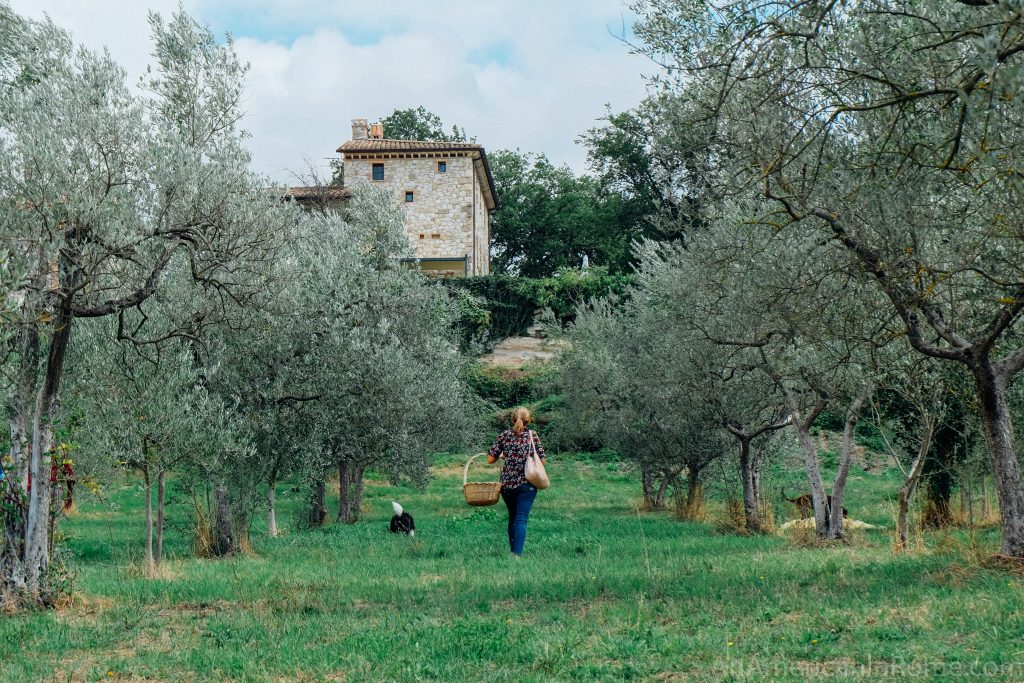
La troppa bonezza finisce nella monnezza.
This is the Italian way of saying that “nice guys finish last,” but it literally, “too much goodness ends up in the trash.”
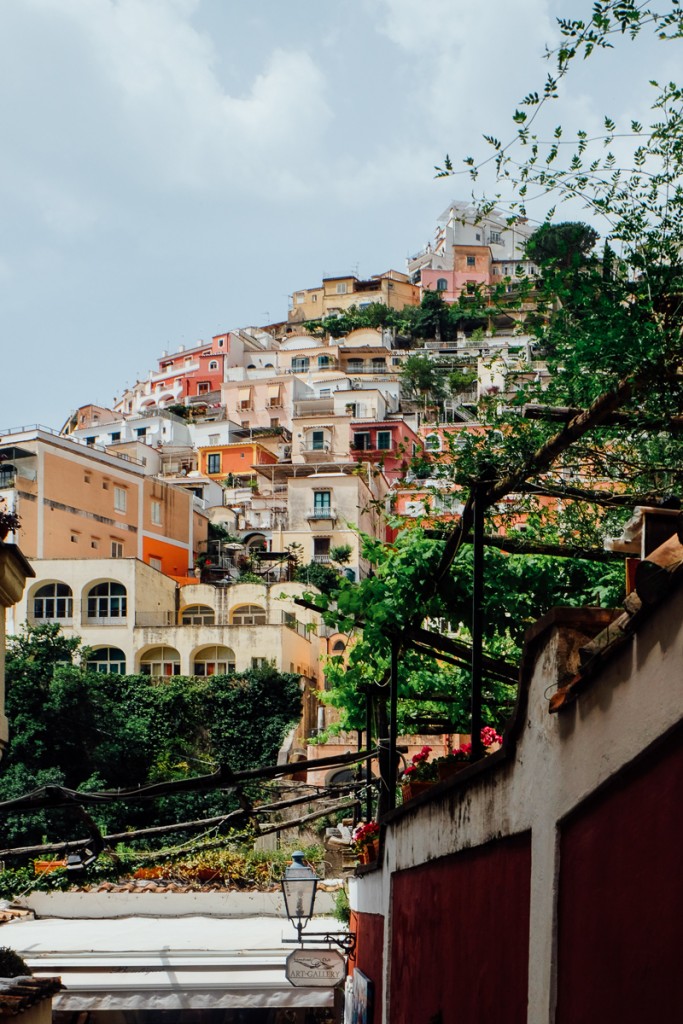
Far d’una mosca un elefante.
My mother used to always tell me to stop making a mountain out of a molehill. Don’t make a big deal out of something so small! In Italian, the proverb is a bit more creative: “To make an elephant out of a fly.”

La famiglia è la patria del cuore.
Which means: home (or in this case, family) is where the heart is.
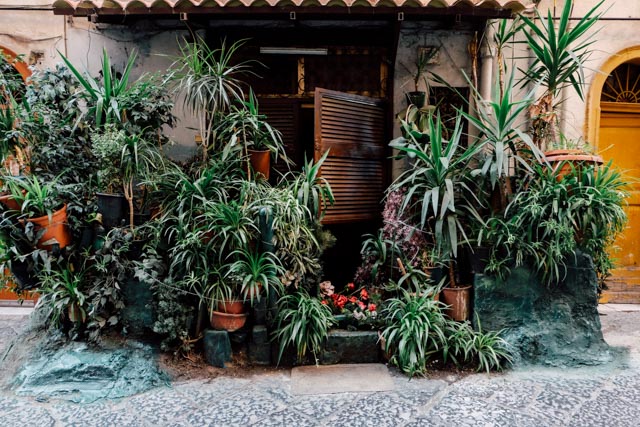
Senza tentazioni, senza onore.
Translation: Where there is no temptation there is no glory. Or, you have to overcome a few obstacles for real success.
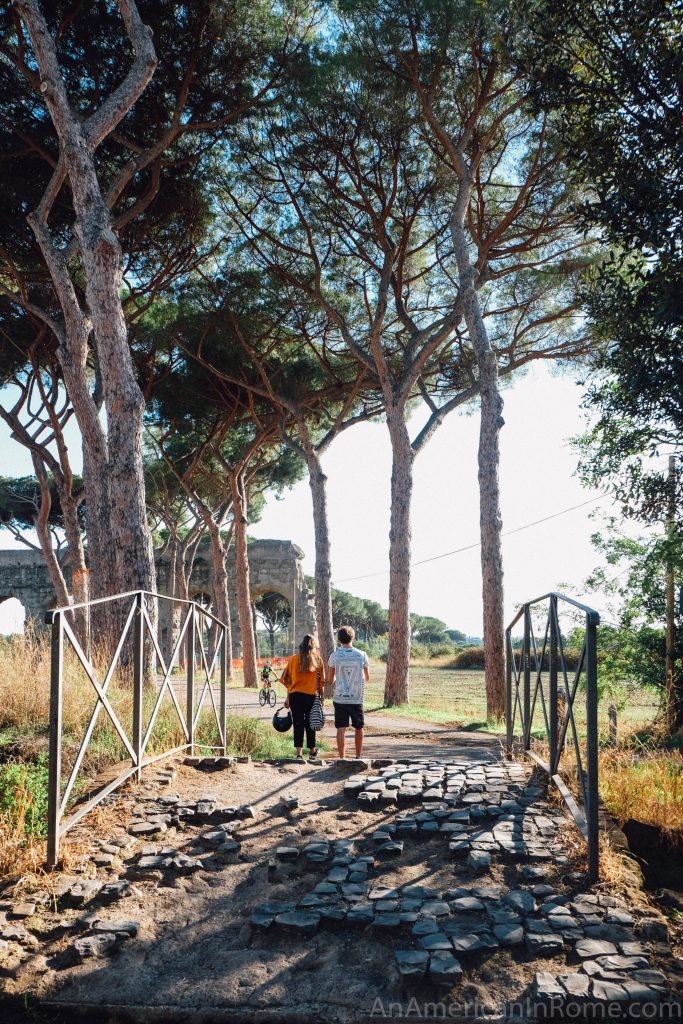
Quando finisce la partita il re ed il pedone finiscono nella stessa scatola.
The English translation would be: When you finish the game, the king and pawn end up in the same box. In other words: we all meet the same end.
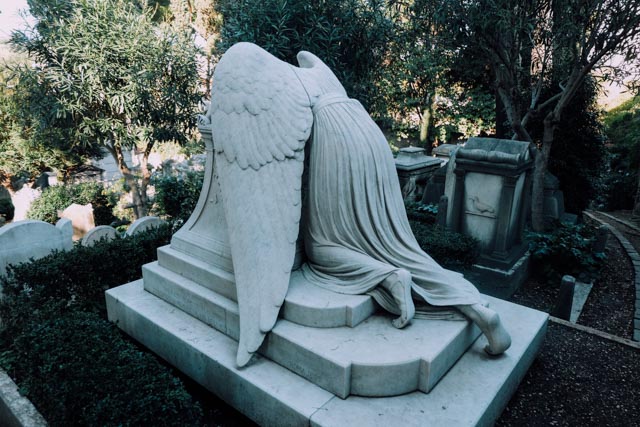
O mangiar questa minestra o saltar questa finestra.
This literally means “Either eat this soup or jump out of this window,” but it would be better known in English as “you can take it or leave.” Of course, the Italian version has to incorporate food!

La gatta frettolosa ha fatto i gattini ciechi.
The most literal translation here would be “The hasty cat gave birth to blind kittens.” In other words, doing something too quickly can result in less-than-perfect results.
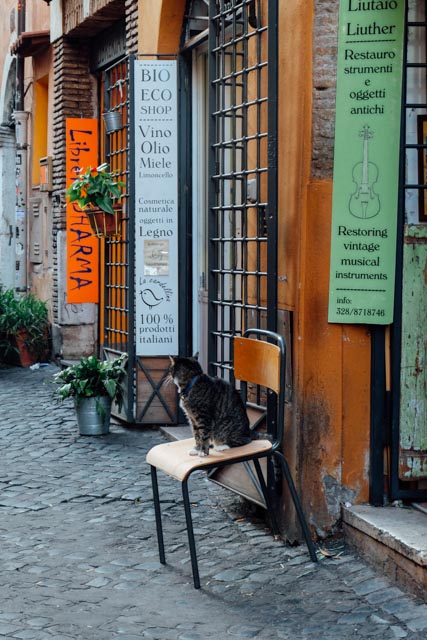
Al povero mancano tante cose, all’avaro tutte.
This is literally Italian for “the poor man is lacking many things, the greedy man all.” In English, it would be a warning that the greedy are never satisfied.
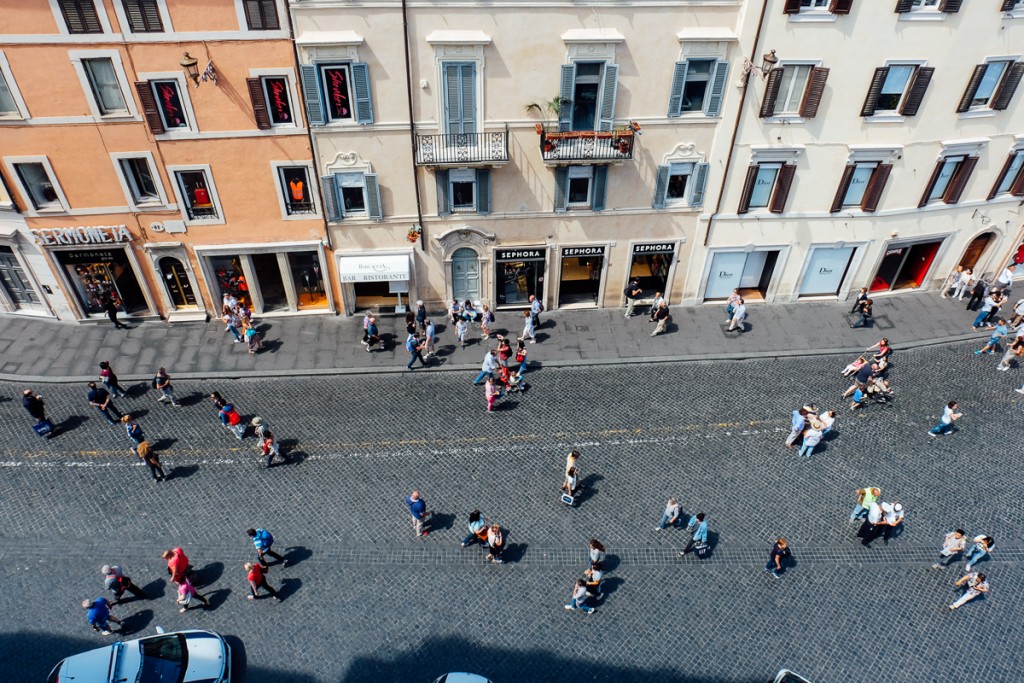
Cuando l’amico chiede, non v’è domani.
When a friend asks, there is no tomorrow.
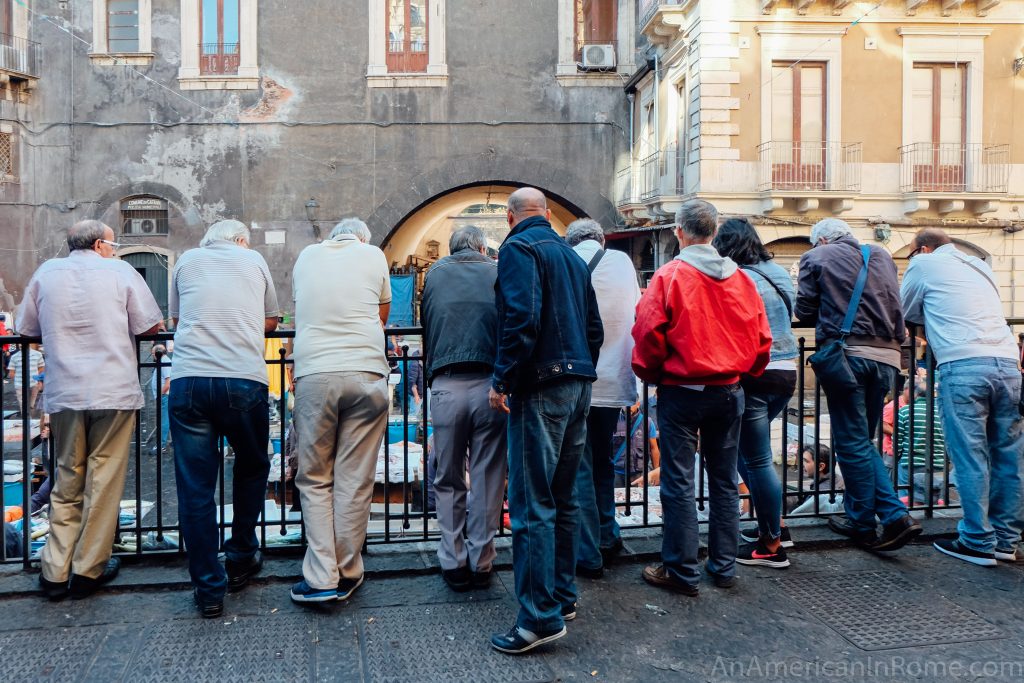
And finally:
Chi non va non vede, chi non vede non sa e chi non sa se lo prende sempre in culo.
If you don’t go you won’t see, if you don’t see you won’t know, if you don’t know you’ll take it in the ass every time.
(How charming!)
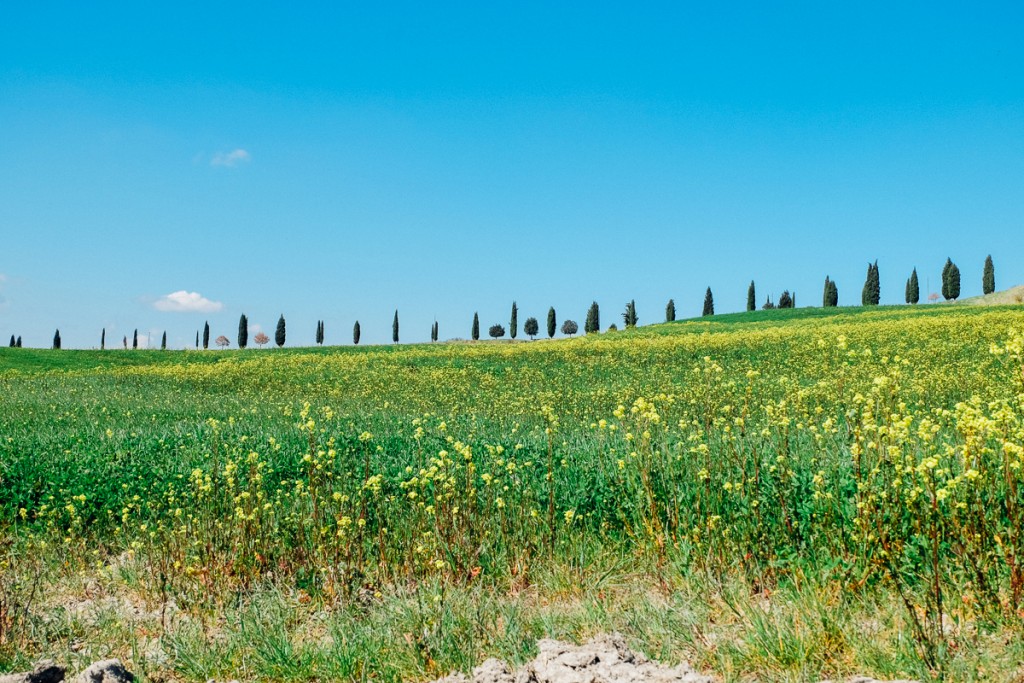
Do you have any other favorite Italian proverbs or sayings?
(Or you might also like quotes about Rome and quotes about Venice).
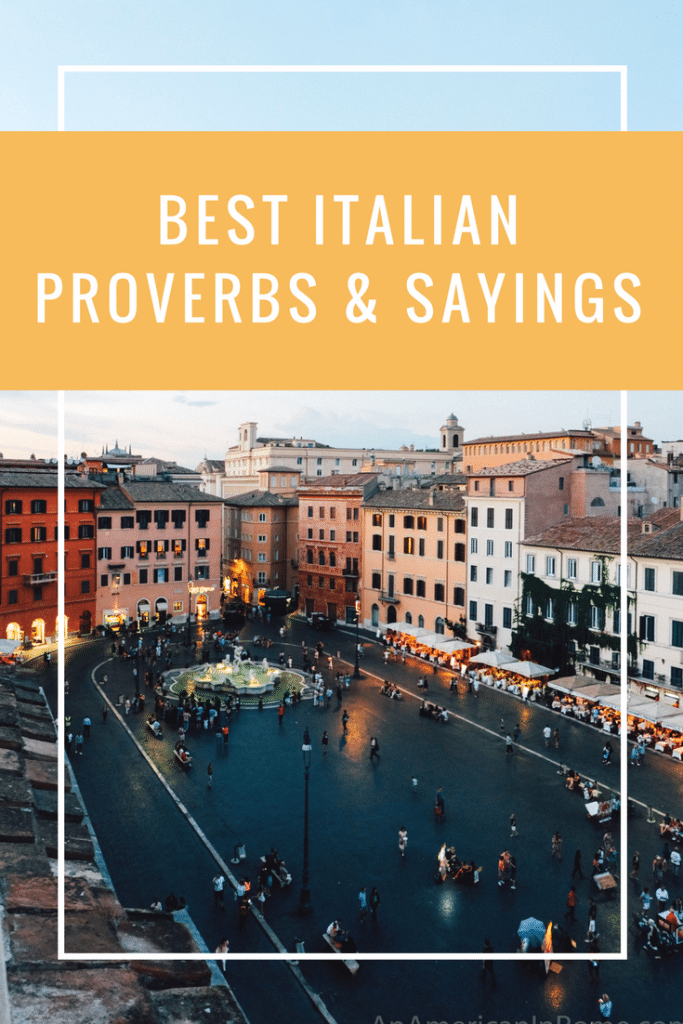

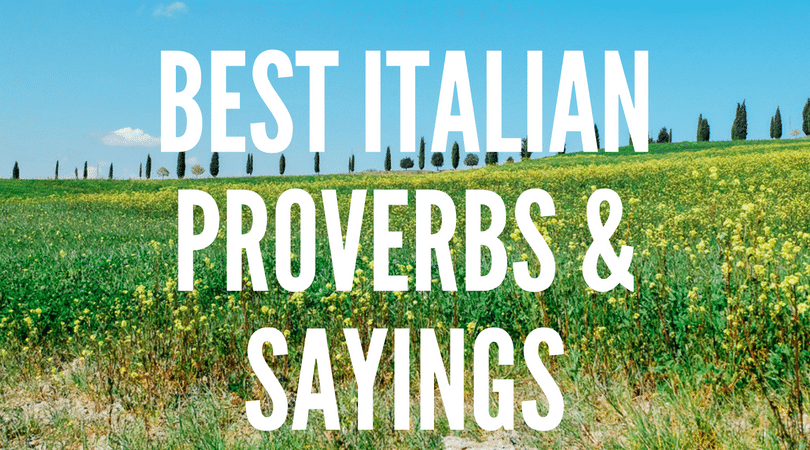




Se non è vero, è ben trovato….. ?
I love these! My friend is German and loves sharing some of the proverbs she grew up with – the direct translations are always entertaining!
I LOVE proverbs in other languages – they always show that direct translation isn’t everything
“traduttore, traditore” (the translator is a traitor, meanings the translation is never right, perfect)
That is so true!
Spot on. That is why quality translators are so hard to come by.
Chi va piano va sano e va lontano.
(He who goes slowly goes safely and far).
Love this one – so true!
Amazing, the right proverbs to read today and share one of them..Senza tentazioni, senza onore
IL LUPO PERDE IL PELO MA NON IL VIZIO.
Bacco, tabacco e venere riducon l’uomo in cenere: drink, smoke and women make ash of a man
Svegliatevi ogni giorno con la voglia di rendere qualcuno felice di avervi incontrato
Piu boschi si Gita, piu lupi si trove.
Bisogna navigare quando il vento e propizio. Set sail when the winds are fair. I take it to mean avoid making a drastic change until things are calm.
That is a great one too!
Very cool article, I enjoyed it 🙂
Gia che la casa bruchia scaldarmi volio
I came across this one in a novel: Chi abbisogna, non abbia vergogna. It’s supposed to mean Whoever has need has no shame. (Sasso – James Sturz 2001).
cammina con uno che zoppichi., e fa zoppichi anche tu. ( walk with someone who limps, and you’ll be limping too. In other words if you hang out with someone who has a bad habit, you’ll acquire thr habit also).
Ne anche l’herba del Re cresce solo perche si vuole. Not even the grass of the king grows just because he wants it.
Chi va piano va sano e va lost another!
Va lontano!!